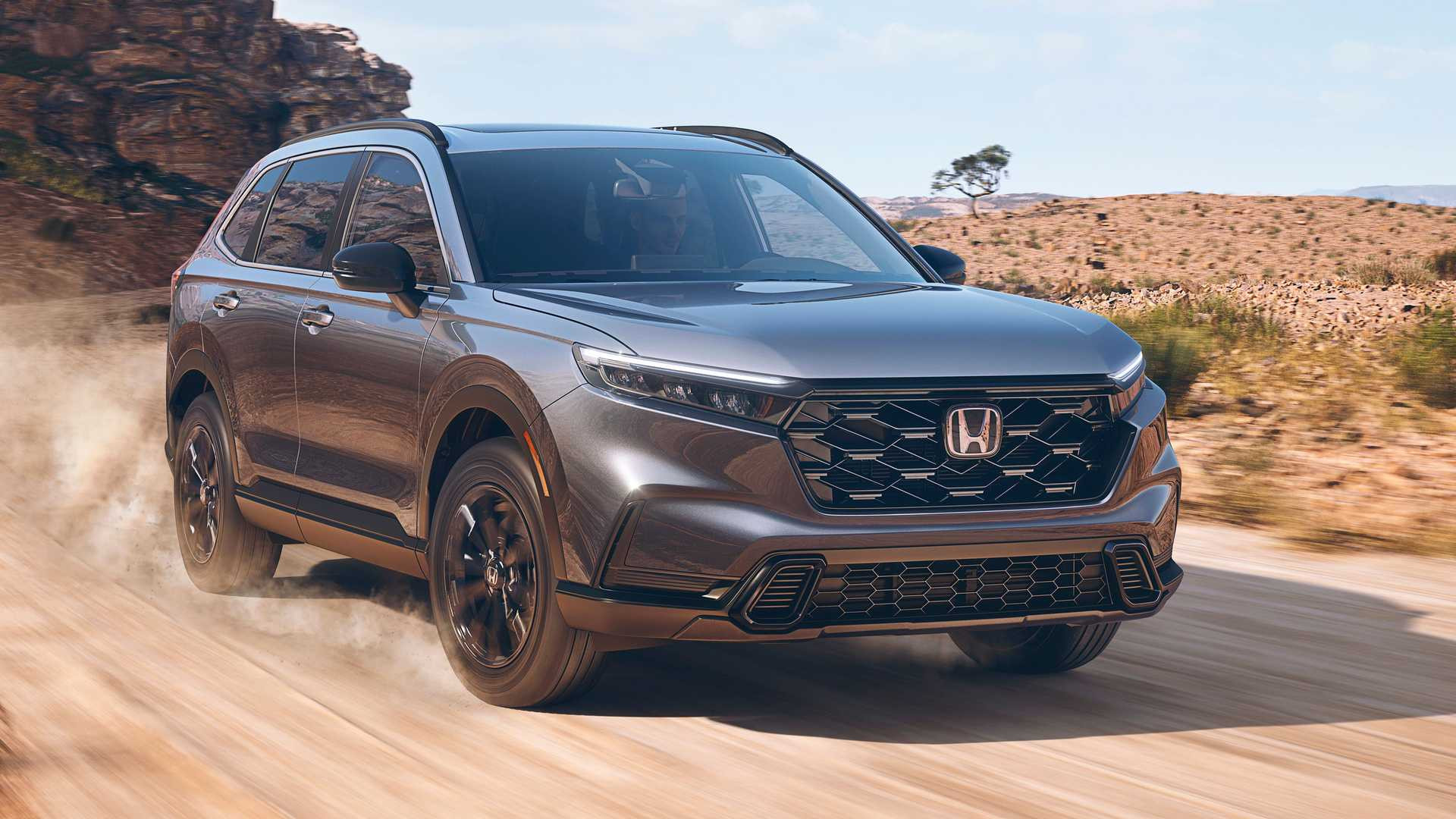
The new Honda CR-V is set to have a hydrogen-electric hybrid system, as the Japanese car-maker announces its plans for this cutting edge variant of their family SUV. This North American division of Honda has revealed that they are currently developing a hydrogen fuel cell variant of the newest generation CR-V for the United States market; with an estimated launch date in 2024.
Hydrogen fuel cell cars convert hydrogen, which is stored in high-pressure tanks, into electricity. This powers a battery, which then provides power to an electric motor that makes the wheels go round.
Honda claims their CR-V (which will be sold in North America) will be the first fuel cell vehicle that can also use an electric charger. This means drivers could either top up at a charging station or with hydrogen.
The new Honda CR-V, which runs on hydrogen fuel, will be available in North America alongside models that use traditional gasoline. These include variants with a 1.5-litre turbocharged four-cylinder engine and a 2.0-litre non-turbo four cylinder engine combined with two electric motors.
Honda's sixth-generation CR-V was revealed in July 2022; however, the petrol-powered SUV isn't expected to arrive in Australia until mid-2023. North American production of the hydrogen CR-V will take place at its Marysville, Ohio factory which built the second-generation Honda NSX from 2016 until last month, as reported by Honda.
Closer to its launch date in 2024, more details about this exciting new hydrogen fuel cell powered Honda CR=Vwill be announced.
The debut of the new CR-V variant will come more than 15 years after Honda launched the FCX Clarity, the world’s first mass-production car to run on hydrogen.
After going on sale in 2008, a second-generation successor – simply named Honda Clarity – launched in 2016, although the model’s production run ended last year due to low sales in the US, with the car-maker selling just 2089 examples of the hydrogen-powered sedan in 2019.
Honda has previously announced its plans to exclusively sell battery and hydrogen fuel-cell electric cars worldwide by 2040, signalling the end of petrol and diesel engine production from the Japanese car-maker.